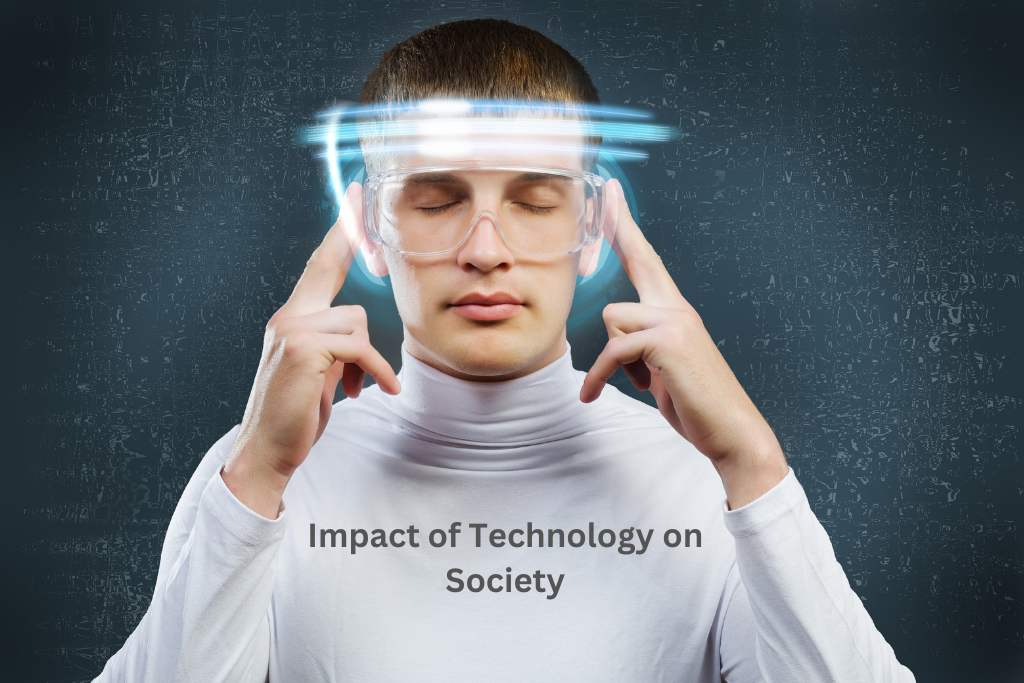Artificial Intelligence (AI) and automation are revolutionizing the way we work and live. With advancements in technology, machines are able to perform tasks that were once only possible by human intellect. From self-driving cars to personalized recommendations, AI is changing every industry, including manufacturing, healthcare, finance, transportation, and retail. In this blog post, we will explore the impact of AI and automation on our daily lives, how it is transforming businesses and industries across the world, and what the future holds for this rapidly evolving technology.

Understanding the basics of automation and artificial intelligence
Understanding the basics of automation and artificial intelligence is crucial in today’s technology-driven world. Artificial intelligence (AI) is the simulation of human intelligence processes by machines, while automation is the concept of pre-set and self-running programs to perform tasks without human intervention. Together, AI and automation can automate and improve business processes, thus leading to economic growth. AI mimics human skills such as visual perception, speech recognition, decision-making, and adaptability by learning from experience and the information it receives.
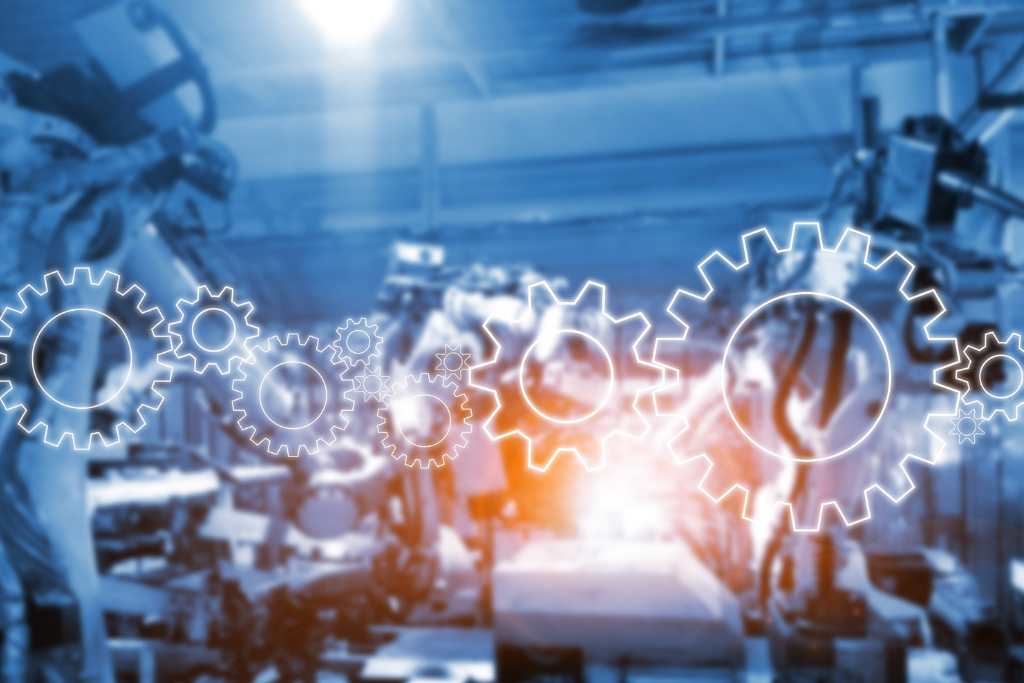
Automation, on the other hand, is a machine programmed to carry out repetitive or tedious tasks. The combination of AI and automation can lead to favorable business outcomes by enabling systems to analyze situations and arrive at conclusions, replacing the need for human intervention in certain areas entirely. Overall, understanding the basics of AI and automation is vital to harnessing their potential across various industries.
The Role of AI and Automation in economic growth
The rapid technological progress brought about by artificial intelligence and automation is changing the economic landscape in numerous ways. As discussed in section 9.2 of this blog, AI and automation have played a significant role in automating the production of goods and services. This trend is likely to continue, with AI-driven automation transforming the economy over the coming years and decades. The potential economic benefits of AI are significant, with Goldman Sachs research indicating that it could boost global GDP by 7% over a 10-year period.
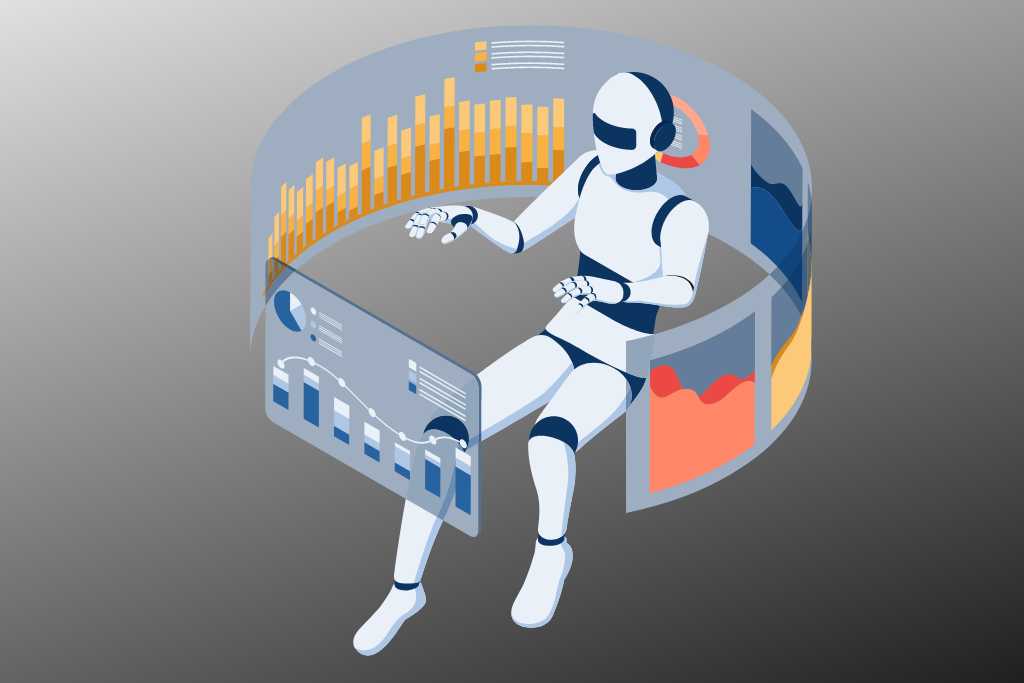
While automation is likely to speed up job losses for low-skill workers, it also offers advantages for tedious and repetitive tasks, freeing up valuable human resources for more creative or strategic endeavors. As AI and automation continue to advance, their role in economic growth will only become more prominent, presenting both opportunities and challenges for policymakers and industry leaders alike.
Combining AI and automation for valuable business outcomes
When AI and automation are combined, businesses can achieve valuable outcomes and gain competitive advantages. The use of AI can enhance automation by enabling machines to learn from data and make decisions without human intervention. This can lead to more efficient workflows and cost savings.
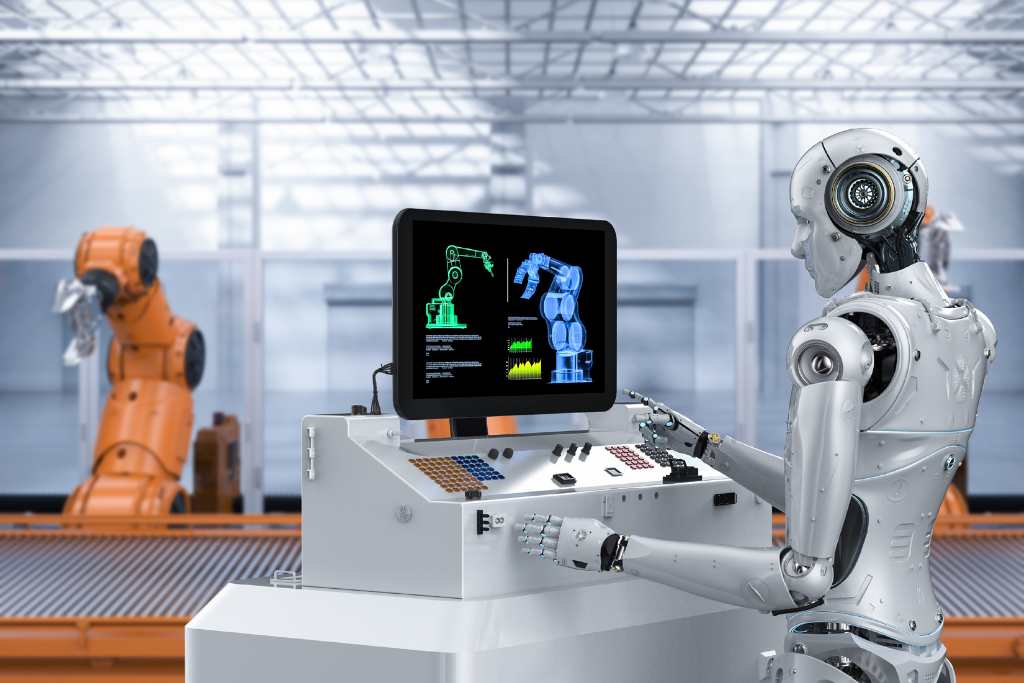
Additionally, AI can help businesses to analyze data more accurately and identify opportunities for growth. By automating tedious and repetitive tasks with AI, employees can focus on higher-value work that requires human skills, such as problem-solving and creative thinking. Ultimately, the integration of AI and automation can help businesses to achieve their goals faster and more consistently than ever before.
AI, automation, and future growth across industries
Combining AI and automation has the potential to drive future growth across numerous industries. As discussed earlier, AI has the capability of automating nonroutine tasks, which can lead to increased efficiency and productivity. This technology has already made significant differences in various sectors, especially in manufacturing. With the ability to analyze situations and arrive at conclusions, AI can also help businesses make better decisions.
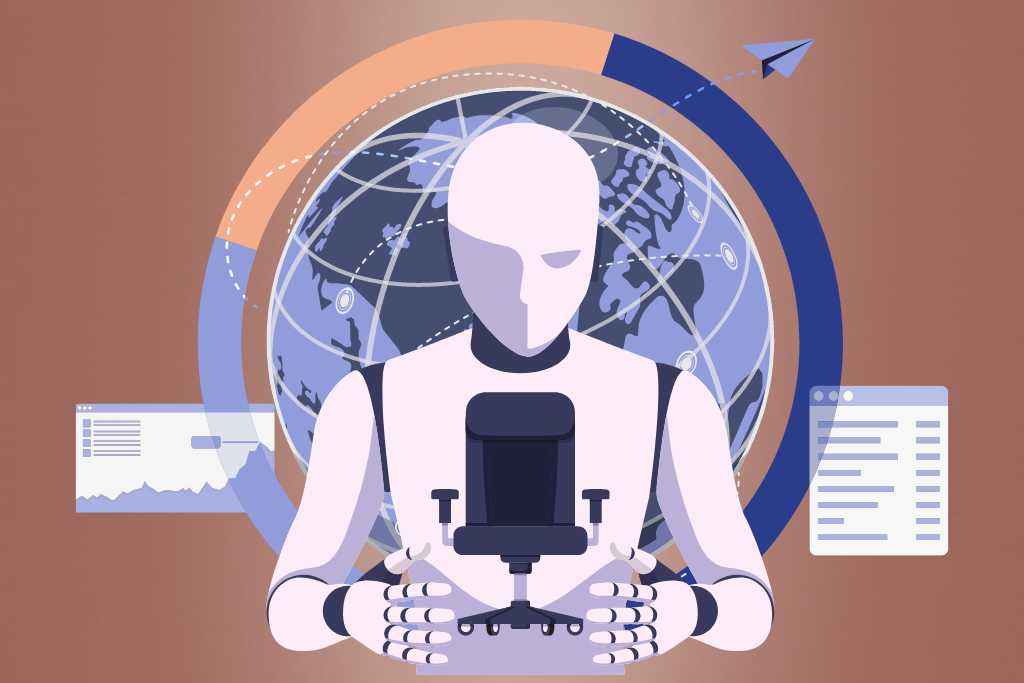
Moreover, automation can take over repetitive and tedious tasks, freeing up human resources for more innovative and creative endeavors. While AI and automation are still in the early stages of development, their potential for transforming the economy is immense. As more businesses adopt these technologies, the benefits will be widespread and far-reaching.
Advantages of AI and automation for tedious and repetitive tasks
One of the biggest advantages of combining AI with automation is its ability to tackle tedious and repetitive tasks that humans find monotonous. This leads to increased productivity and frees up humans to focus on more complex and challenging tasks. AI-powered automation also reduces the risk of human error, improving accuracy and precision in operations.
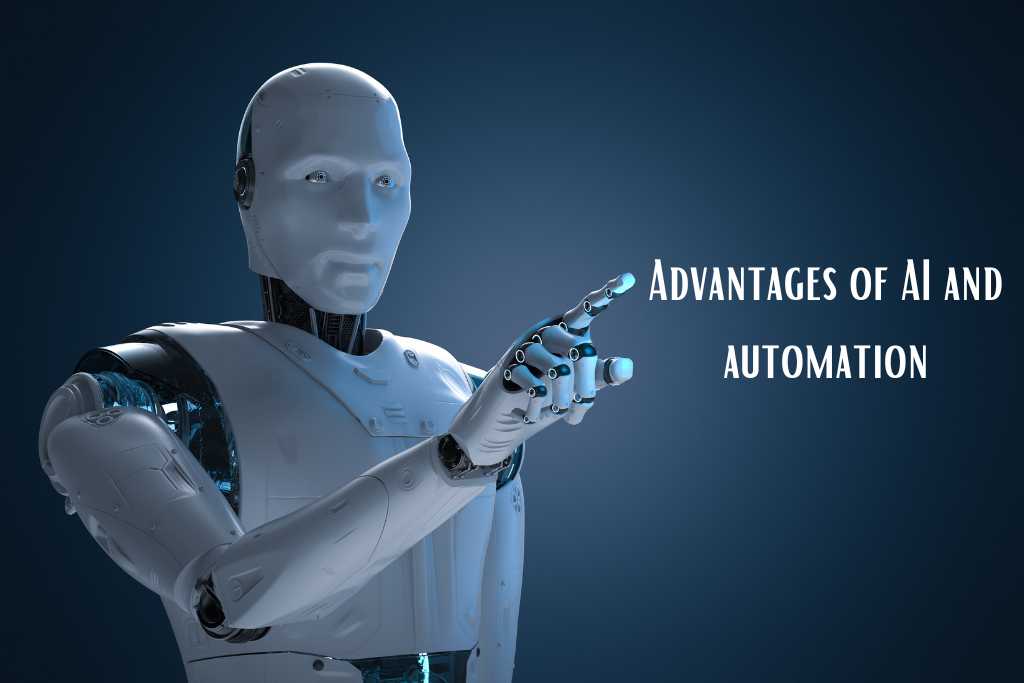
In short, it streamlines workflows, saves time, and eliminates biases, making business operations more efficient and effective. As technology advances, even more tasks can be entrusted to AI, which will pave the way for improved business outcomes and future growth across industries.
In “Artificial Intelligence and Automation,” one of the benefits of these technologies is their ability to streamline processes and increase productivity, which can lead to new opportunities for individuals looking to make money. One way to take advantage of these opportunities is by tapping into creativity, which is the focus of the article “Tap Into Your Creativity and Make Money Now!” The article provides tips and ideas for monetizing creative skills, such as graphic design or writing, and utilizing online platforms to market and sell creative work. By combining technological advancements with creative skills, individuals can unlock new sources of income and stay ahead of the curve in an ever-evolving job market.







